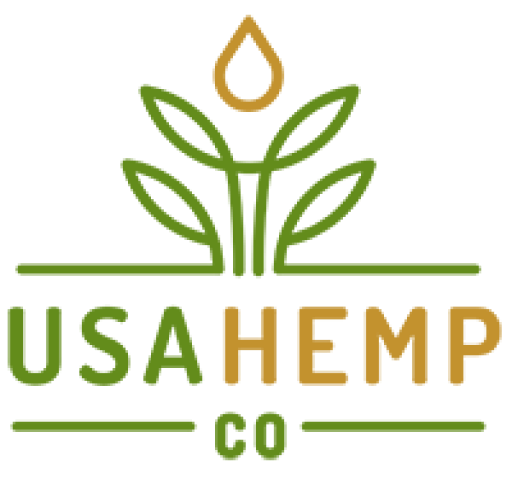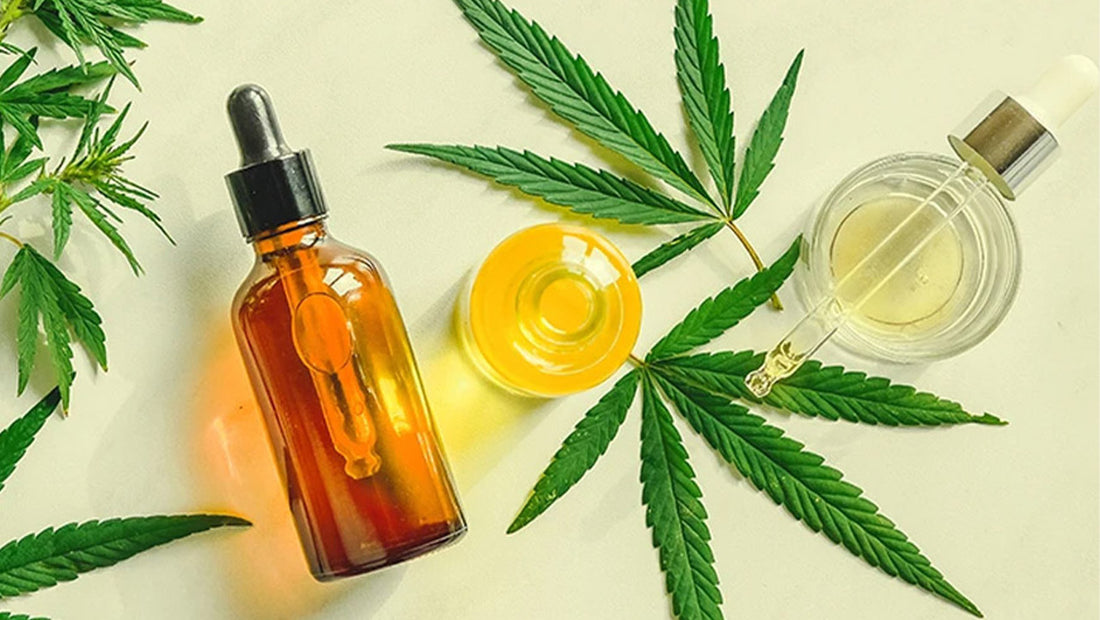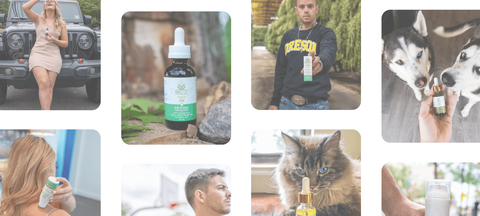CBD vs. Hemp oil: 7 significant differences you may have never heard about
CBD vs. hemp oil is undoubtedly the most researched topic on google currently in the CBD landscape. In the health-conscious age, it is no surprise that new and exciting developments in alternative medicine are rising tremendously every day. One of the most recent trends is CBD oil, which is heralded for its wide-ranging benefits. CBD oil is a cannabinoid obtained from hemp plants, not to be confused with THC, the cannabinoid in marijuana that produces the "high" effect.
The terms “hemp oil" and "CBD oil" are frequently used on the label for hemp-derived oils comprising CBD; strictly addressing, they're not the same thing. Read our blog for more details.
What is CBD oil?
CBD oil has become a widespread natural remedy in recent years, with few side effects. Or CBD is a compound that has significant benefits but does not make people feel stoned and can counteract the psychoactivity of THC. CBD is one of 113 cannabinoids recognized in cannabis plants and is being professionally studied for various medical applications. A study found that cannabidiol appears to work on the endocannabinoid receptors that exist in the human brain. By acting on these receptors, CBD oil produces its effects.
What is hemp oil?
Hemp oil without CBD is made only from the hemp plant’s seeds and is intended for eating or cosmetics purposes, usually for emollient use. It has no benefit over other monounsaturated food-grade oils. Hemp oil can be sold anywhere in the U.S., to anyone regardless of age.
CBD vs. hemp oil; where is the confusion?
With the organic products fantasy coming in, some companies are grabbing the opportunity to sell cannabis-infused cosmetic products while conflating the phrases CBD and hemp seeds, whether purposefully or unintentionally.
USA hemp brings these seven significant differences between CBD and hemp seed oil that you might want to know to clear up the confusion.
1.Production methods:
The production process of both CBD and hemp oil is a notable difference that should not be overlooked. Cold pressing hemp seeds produce hemp oil, and it is omega-rich cooking oil. On the contrary, CBD oil is made by extracting CBD from the hemp plant's leaves, flowers, and stalks. Usually, CBD oil is extracted through supercritical liquid extraction, aka CO2 extraction or the more common solvent-based extraction.
Head to our website to learn more about how CBD oil is made?
2. CBD content:
It is another significant difference. Usually, CBD products have a label representing the amount of CBD in milligrams per unit or per serving. Hemp naturally contains high levels of CBD, so CBD oil produced from the whole plant is rich in CBD. It also has other cannabinoids and beneficial components like terpenes. On the other hand, the hemp seed oil is a secondary source of CBD! If you ever want to purchase a CBD product, always check the label for its CBD content because if a product doesn't have a title containing the amount of CBD in milligrams, the chances are high that it might not be an authentic CBD product.
3. Chemical composition:
As discussed earlier, you can spot the difference between CBD and hemp oil by looking at their product labels. CBD oil can legally contain up to 0.3% THC, while hemp oil has no THC.
Hemp oil is commonly referred to as hemp seed oil. For a long time, hemp seed oil has been employed for cooking and as an element in various cosmetic products. In contrast, CBD oil is extracted from the whole hemp plant and is full of cannabinoids found in the cannabis plant family. It is the oil that contains a concentration of CBD, or cannabidiol. Since the source of CBD oil is the hemp plant, it is low in THC and extremely high in CBD, the non-psychoactive component of the plant. USA hemp's CBD oil tinctures also contain some carrier oil, such as MCT oil.
4. Financial value:
The fact is CBD oil is more costly to manufacture than hemp seed oil. Many brands market their hemp oil labeled as CBD oil. It's misleading because when people purchase the product and after using it for some time, they don’t find desired results; it negatively impacts the user. If you witness the process of CBD extraction from seed to bottle, you will realize that it is expensive to create a high-quality CBD product.
6. From where you purchase it.
You can find hemp seed oil and CBD oils at local pharmacies, grocery stores, and superstores. However, always be cautious about what you put in your body; if you want authentic CBD oil, you can purchase it directly from the websites of well-known brands.
It's easier to find hemp seed oil at your local grocery store, beauty shops, and online shops like Amazon. But don't go looking for CBD on Amazon. CBD is not permitted to be sold on Amazon. The hemp seed oil has some beneficial values,developments in antioxidants, omega-3, and -6 fatty acids, but still, you can't use it as an alternative to CBD oil if you want to reap the actual benefits of CBD oil.
Uses and purposes:
Now you have known enough about CBD vs. hemp oil; you must reckon that their uses and purposes differ significantly. Hemp seed oil is a famous ingredient in hair and skincare products, and also, it is used for cuisine and salads. In contrast, CBD oil usually goes to an oral tincture comprising CBD. You can take it sublingually by putting a few drops under the tongue.
CBD oil is also used in CBD products like CBD gummies, topicals, and other CBD-infused products.
Different labeling
If you want to understand CBD vs. hemp oil, you must also understand the similarities between them. Both of them are hemp-derived products. The labels of both CBD and hemp oil usually have a hemp leaf on them. So, you need to be careful while making a purchase, do your analysis, read labels.
For instance, if you buy CBD oil, and the label says in big, bold letters "Hemp Oil," then read the fine impression on the label. If it has CBD, it will list "cannabinoids" in the ingredients with the amount in milligrams per serving. If the elements say only "hemp extract" and show only the hemp extract per serving, it likely has no CBD.
Here are a few things you can review on the label before buying a CBD product:
1. Check the Source.
Find out where the CBD product is produced and manufactured so you know that you are getting a safe and legal product. Check if all farm guidelines for that area are being followed and that the company follows the FDA's standards for good manufacturing practices or not.
2. See the Ingredients.
When it comes to CBD ingredients, transparency should be started by companies. CBD oil is not supposed to contain any artificial ingredients, fillers, and synthetic cannabinoids. Instead, there should only be natural and organic content.
Remember that hemp-derived CBD oil is legal under the Farm Bill 2018; it should have less than 0.3% THC.
3. Look for Third-Party Lab Testing.
A third-party lab testing gives an honest and unbiased source of information to benefit both the customer and the company. The consumer can feel transparency, while at the same time, the company can take pride in its proven high quality.
Here is why you should choose USA hemp?
CBD vs. hemp oil; final thoughts:
To sum it up, hemp oil is typically cold pressed from seeds from commercial hemp and contains little to no CBD. CBD oil is also derived from the hemp plant but uses different extraction processes like supercritical CO2 or other modern extraction techniques. Although "hemp-derived CBD" may sound the same as hemp oil, the difference is night and day. Research what you put into your body and only consume natural and healthy products with proven track records and matching lab tests you can quickly check.
Visit USA hemp if you want to purchase authentic CBD tinctures, edibles, and CBD topicals.



